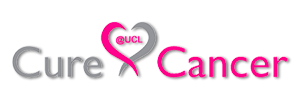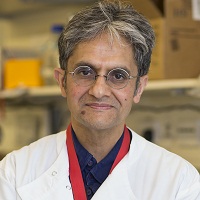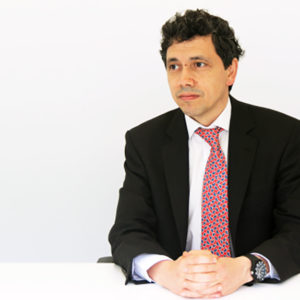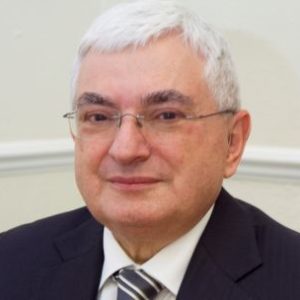Cancer research at University College London
Over 400 talented scientists
Working together to translate research discoveries into developing kinder, more effective therapies for cancer patients
University College London is ranked as one of the top 10 Universities in the world.
It has one of the largest faculties dedicated to cancer medicine. The UCL Cancer Institute was established in 2007 and is the hub for cancer research at UCL.
The Institute is located in the heart of London, and part of UCL [University College London]. UCL is consistently ranked within the top 20 global universities. The Cancer Institute is part of the Faculty of Medical Sciences, within the School of Life- and Medical Sciences.
This School comprises the largest concentration of biomedical researchers in Europe. The Cancer Institute hosts the majority of cancer research at UCL, whilst other cancer activities across the UCL campus form part of a new. The overall remit of the Institute is to develop a cancer presence and excellence, which rival other major national and international hubs for cancer research.
The main Institute is located in the Paul O’Gorman Building, Huntley Street (226 scientists, 32 support staff), with additional presence on Tottenham Court Road in the Cancer Research UK Clinical Trials Centre (81 researchers and support staff) and in Haematology, Royal Free Campus (27 scientists and support staff) making a total staff of 366.
Particular areas of strengths include stem cell biology, transcription factors, cell cycle, translational immunology, genomics and bioinformatics, mechanisms of chromatin regulation, gene and immunotherapy, viral oncology, drug development and clinical trials. UCL is affiliated with a number of London teaching hospitals, including University College London Hospital (UCLH), the Royal Free Hospital and Great Ormond Street Hospital for Sick Children. The ‘ UCH MacMillan Cancer Centre’ will be a world-class outpatient cancer care facility opening in 2012. It is located directly opposite the UCL Cancer Institute in Huntley Street.
This location provides a unique opportunity for close collaboration between scientists at the Cancer Institute and clinicians in the Cancer Centre, and will accelerate the translation of laboratory discoveries into innovative practical developments that will benefit patients.
The UCL Cancer Institute are at the dawn of the most exciting time in the history of cancer research and treatment.
New targeted therapies are resulting in major clinical responses, and molecular markers, circulating tumour cells, as well as molecular imaging will be applied to stratify patients to the best therapies, sparing patients unnecessary toxic therapies, and facilitating evaluation of responses early during treatment to determine whether patients are responding to specific therapy.
Molecular profiles, including whole genome sequencing information, will determine in the near future the best treatment for each individual patient, as well as helping to predict the likely outcome and adverse affects. The opening in 2012 of the new UCH Macmillan Cancer Centre significantly expanded the outpatient care capabilities at UCLH, providing an opportunity to increase patient numbers during the next decade. Opening of the new Cancer Centre will lead to a major expansion of patient-orientated and translational cancer research.
In particular, we will expand our GCLP facilities and our CPA accredited laboratories, supporting clinical trials, development of a genomics laboratory for stratified/personalized medicine, space to build capacity for cancer-related computational sciences and laboratory space to take advantage of advances in nanotechnology and engineering. These initiatives will allow translation of this knowledge into innovative cancer drug delivery, gene therapy and biomarker platforms.
Additional space will also be provided for radiation biology research, supporting the first proton treatment centre in the U. K. affiliated with a teaching hospital, and space forteaching (expanding our successful MSc Cancer course, and developing further international masters programs in translational cancer medicine and cancer nursing care research). Reference: Tariq Enver, Director at UCL Cancer Institute.



